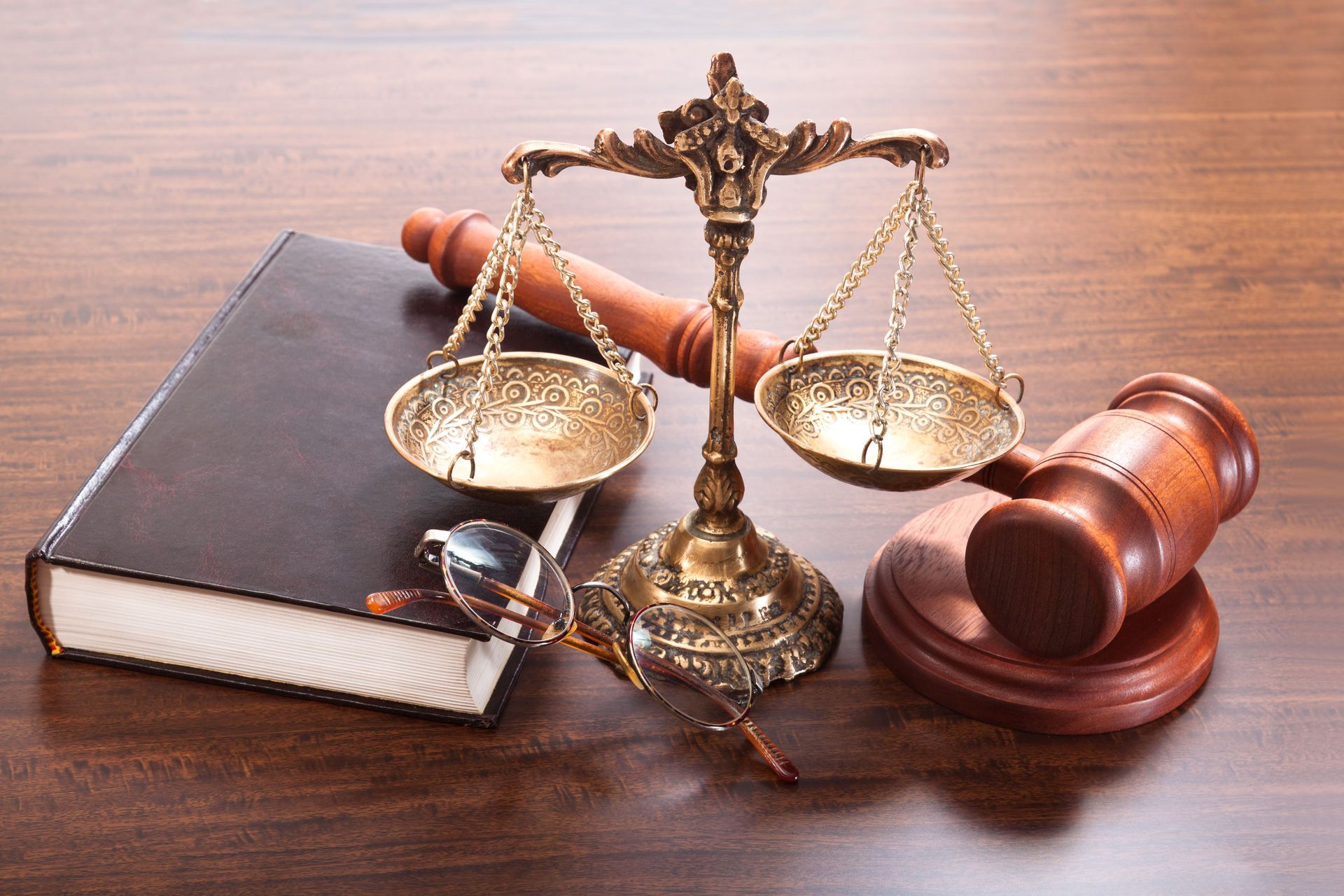What Is Chapter 7 Bankruptcy?
Bankruptcy can often be a confusing and daunting subject for those faced with overwhelming debt and financial challenges. One of the most commonly filed types of bankruptcy is Chapter 7. This type of bankruptcy is designed to provide a fresh start for individuals who are unable to pay off their existing debts. Understanding the basics of Chapter 7 bankruptcy can help you make more informed financial decisions.
What Is Chapter 7 Bankruptcy?
Chapter 7 bankruptcy, also known as "liquidation bankruptcy," involves the sale of a debtor's non-exempt assets by a trustee. The funds generated from this sale are then used to pay off creditors. Unlike Chapter 13 bankruptcy, which involves a repayment plan, Chapter 7 typically results in the discharge of unsecured debts such as credit card balances, personal loans, and medical bills. This can provide significant relief to those drowning in debt.
How Do You Qualify for Chapter 7 Bankruptcy?
For many individuals, qualifying for Chapter 7 requires passing a "means test," which assesses their income and expenses. The aim of this test is to determine whether they have enough disposable income to pay off a portion of their debts through Chapter 13 repayment plans instead. According to Epiq, there were 66,861 filings for Chapter 7 bankruptcy in the first quarter of 2024, illustrating that many Americans sought the fresh financial start offered by this type of bankruptcy during that period.
What's the Long-Term Impact of Chapter 7 Bankruptcy?
While Chapter 7 bankruptcy can be immensely beneficial for many, it is important to recognize that not all debts can be discharged. Obligations such as student loans, alimony, child support, and certain types of taxes are generally non-dischargeable. Additionally, the process can have long-term consequences on one's credit score and ability to secure loans and other forms of credit in the future. Thus, working with a qualified bankruptcy attorney is crucial to navigating this complex process effectively.
Chapter 7 bankruptcy offers a pathway for individuals struggling with insurmountable debt to regain control of their financial lives. By understanding the liquidation process, the eligibility requirements, and the types of debts that can be discharged, you can better evaluate whether this bankruptcy option is the right choice for you. Although it has its challenges and long-term effects, Chapter 7 bankruptcy remains a vital tool for many seeking financial recovery and stability. Be sure to reach out to Broadnax & Martin P.C. today for more information on our professional Chapter 7 bankruptcy lawyers.






